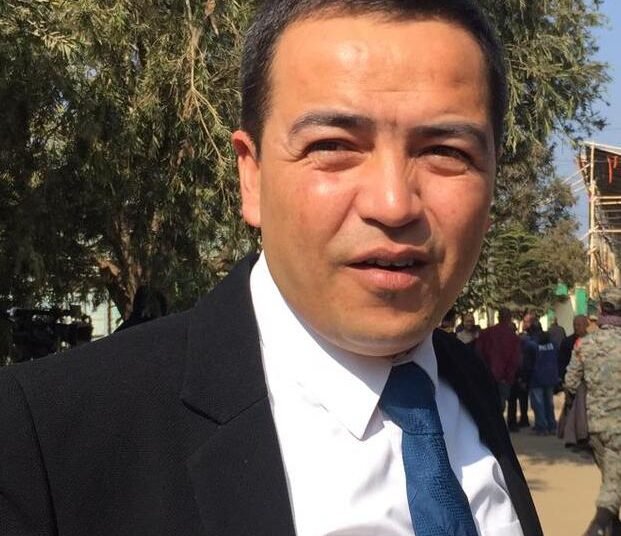Even Meghalaya’s near total exemption from the purview of the controversial Citizenship Amendment Act (CAA) will not be of any benefit if there is not a system put in place to keep checks on the number of migrants coming into the state, Meghalaya Pradesh Congress Committee Secretary Manuel Badwar has told Highland Post.
Other North East states, like Arunachal Pradesh and Manipur, have the Inner Line Permit (ILP) that requires all visitors and migrants to obtain a permit from the state government.
Meghalaya does not have ILP (although it has long been a demand of certain sections and of all political parties since at least 2019) but it does not even have a registration process as laid out in the Meghalaya Residents Safety and Security Act (MRSSA) – although the original 2016 act applies to those renting accommodation, proposed amendments have stalled as they were not viewed favourably by the central government.
With neither ILP nor amended MRSSA in place, the state is vulnerable to influx, according to Badwar, not least from Assam, which has conducted drives against so-called illegal migrants.
“There is no certainty that these people will not flood Meghalaya,” Badwar added.
The Congress senior leader does not have much confidence in the police to stem the tide of migrants if they come. He said that the police have failed in maintaining law and order, the drug menace, and failed to curb illegal transportation of coal, etc.
Badwar also criticised Chief Minister Conrad K Sangma, whom he referred to as the puppet of the Bharatiya Janata Party (BJP), for making “loose” statements on matters like the CAA.
He suggested that the government needs to constitute a committee to address this matter so that it does not affect the indigenous people of the state from any aspect.
Badwar also called for mechanisms like ILP and the MRSSA to be technology-driven so that there is a registration process and the state knows who comes and goes out of the state and for what purposes. As an example of the need for better information, he pointed out that the Tourism Department publicised last year how the state had received 15 lakh tourists even if the government has no idea what kind of tourists entered Meghalaya (budget tourists, adventure tourists, medical tourists, etc).
Such information would better serve Meghalaya as policymakers would be able to use it to position the state in the right way. For example, if out of the 15 lakh tourists 6 lakh came for medical reasons, then it would be wise for the government to build more health institutes.
Therefore, registration of visitors and migrants is of utmost importance and will not only address the influx problem but also equip the state with data that can be turned into a policy that can benefit the people of Meghalaya, Badwar opined.
























